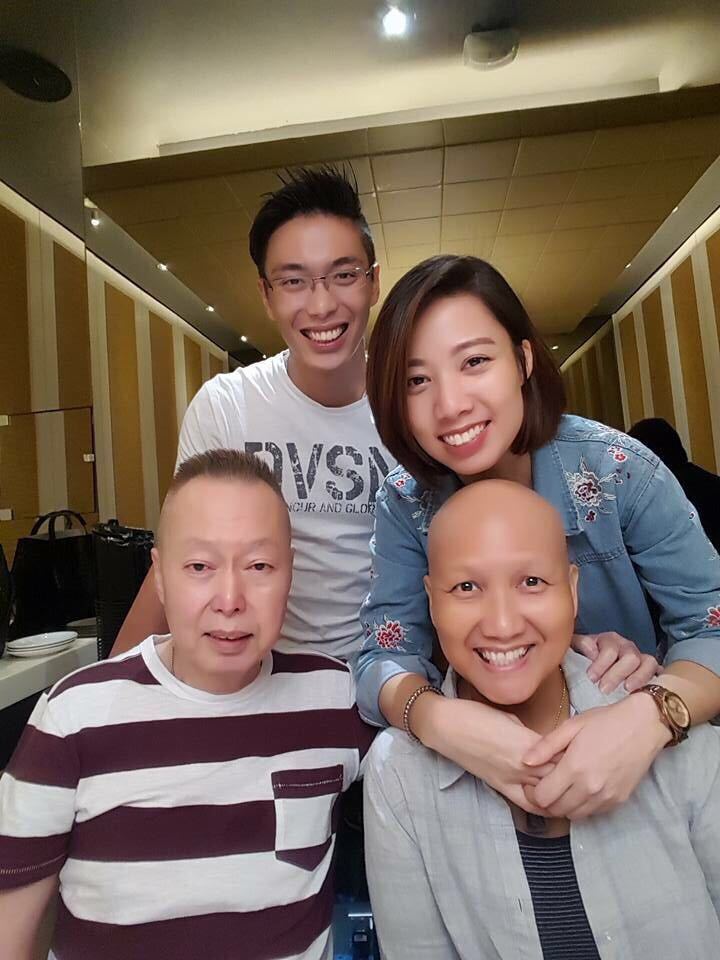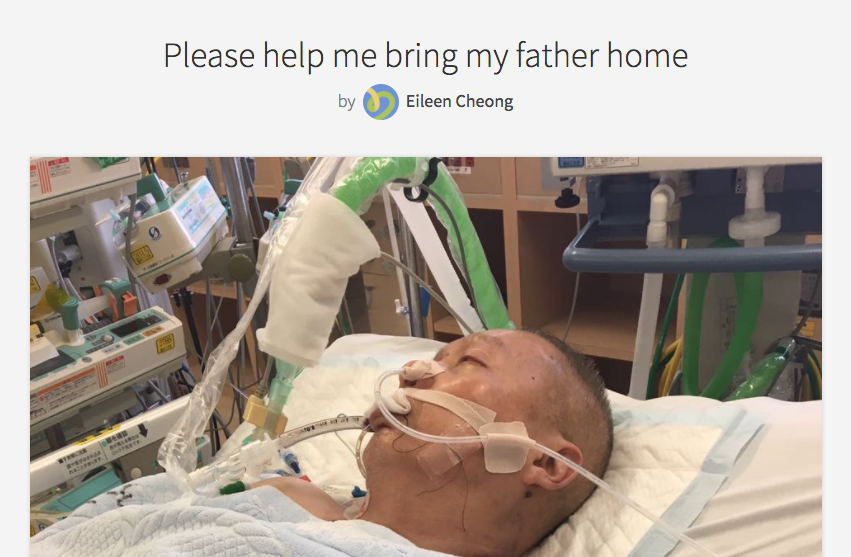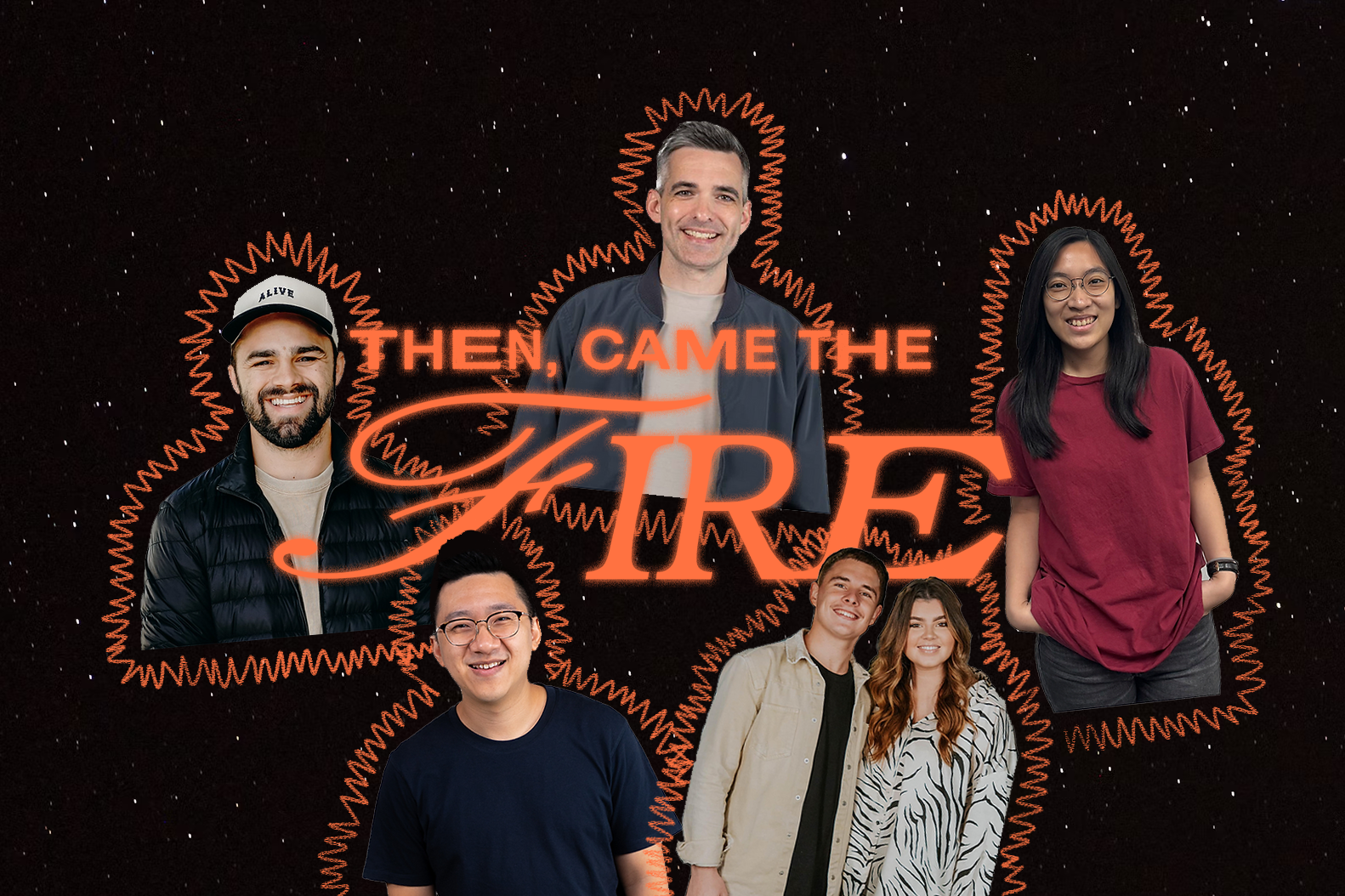Maybe you’ve seen this appeal on your Facebook feed: Please help me bring my father home.
You may have trouble accessing the link, possibly due to heavy traffic to the site. In short: The writer’s father had a heart attack soon after arriving in Tokyo on a family holiday. Because he had a history of cardiac issues, they’re unlikely to be able to claim much from their travel insurer.
Now they’re facing a bill of more than S$200,000 for hospital and medical evacuation fees, so they’re trying to crowdsource that amount. The father remains on mechanical life support, with likely permanent brain damage.
I don’t know Eileen Cheong, who posted the appeal. I don’t know her father or any of her family members. But I know her pain.
“After my dad collapsed, he was resuscitated and admitted to the ICU of Toho Medical University Omori Hospital on 19 April 2017. Since then, he has been placed on mechanical life support,” writes Eileen.
“I have exhausted all my resources, and I need your help to bring my father back home to Singapore.”
I know hospitals very well. Local and overseas, Intensive Care and normal wards. This isn’t a boast. I would rather not know.
I would rather not know what it means to sit for hours in a ward, pacing my thoughts to the cadence of my ailing mother’s failing heartbeat. I would rather not know what all the machines hooked up to her do. I would rather not be able to close my eyes and bring to mind that particular hospital smell, somewhere between disinfectant and bodily discharge.
But I do.
Even eight years after my mother passed away after a long battle against kidney failure, it remains a painfully fresh memory.
I would rather not know how much hospital fees in Tokyo cost, but I do. (The answer: A lot.) My mother, who was on dialysis, was determined to go to America for my brother’s convocation. En route, our stopover in Narita Airport was delayed due to some minor incident involving other airplanes on the runway.
You may know that those with kidney failure have to get hooked up to a dialysis machine every two or three days, so the delay was not a welcome one – we were cutting it close before her blood needed to be swept clean again. And sure enough, in those 24 hours in Tokyo, she had some health complications and we had to rush her to the local hospital.
Thankfully, her issue was minor. She was patched up enough to get to the United States, where we went straight from airport to a local hospital for urgent dialysis. She recovered, made it to my brother’s convocation, and eventually came back to Singapore on our scheduled flight.
But it wasn’t an easy time for my family.
I remember the anxiety, the tension, the fear of the unknown.
That 24-48 hour window where we sat in a Japanese hospital waiting room, and we weren’t sure how long we would be there, weren’t sure how much the costs would add up to, weren’t sure of anything.
I also remember the 24 hours in the ICU before my mum died. She was already in hospital, and she’d long lost functional consciousness, and we’d spend weeks by her bedside doing … what were we doing there, really? Hoping against hope? Waiting for a miracle? Nothing worked.
And suddenly her numbers dropped. Blood pressure, heart rate, everything. It was a steady, linear drop for 24 hours. Nothing we did helped. Down, and down, and down yet further.
I know how helpless it feels to be in that position. To see your parent there, but not there. To be desperate for your parent, the one who gave you life, to be able to fight to find some of her own.
If anyone is reading this, and you’re in a position to help Eileen – financially, logistically, with prayer – please consider doing so. You can read more about her appeal at this link, or use this direct link to the donation page.
Consider taking one less burden off the back of a family in more pain than you can imagine.
Praying for you, Uncle.










